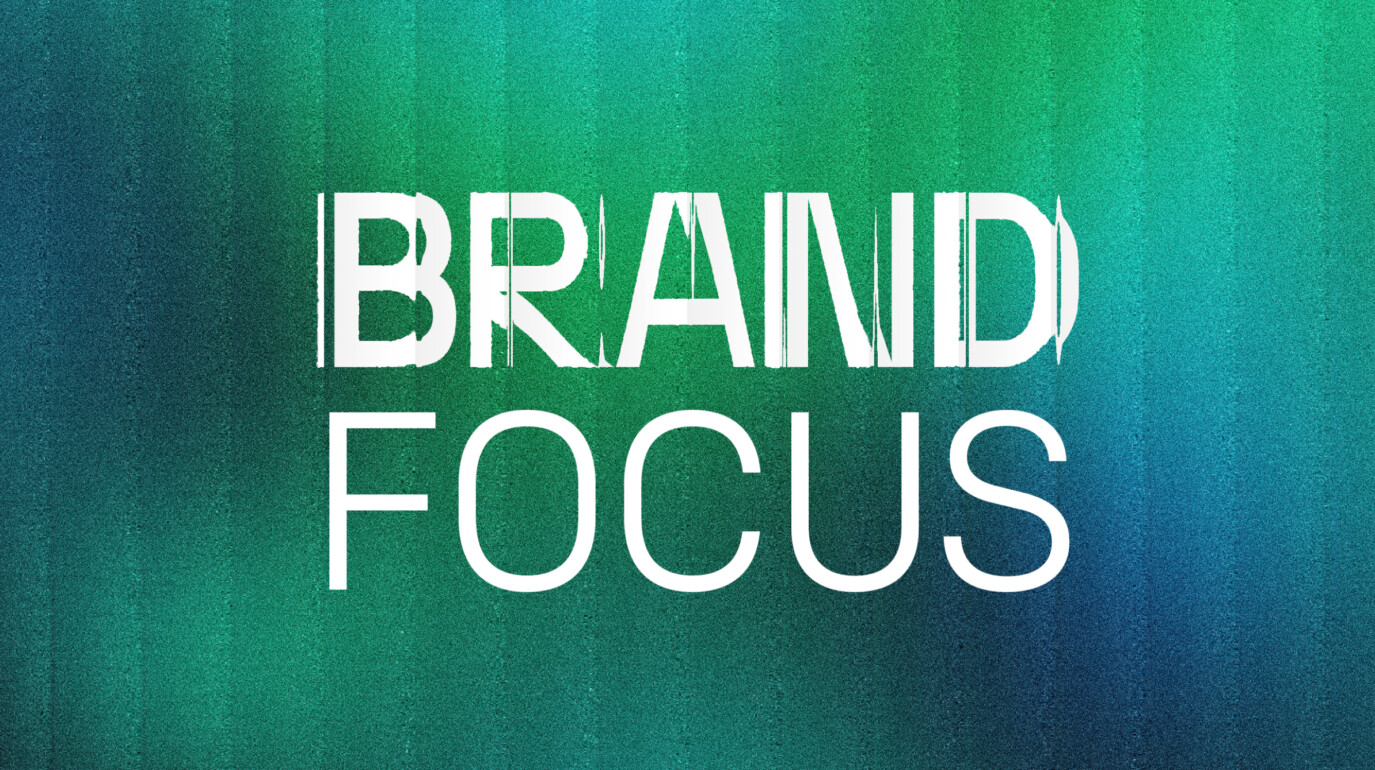
AUTHOR: LUDWIG DURAN
READ TIME: 5 MINS
As Gulf nations race to become global fintech leaders, trust and transparency are no longer optional, says Group Strategy Director Ludwig Duran. New research shows that brand credibility – not just innovation – is the real driver of long-term success in the region’s fast-changing financial sector.
In the Gulf’s booming financial markets, intangible assets like ‘trust’ and ‘brand’ are becoming as important as credit lines. Both regulators and consumers are demanding more than just safe transactions – they want brands that connect to society, protect their data and enrich their lives.
Recent industry research underscores this shift. Our Citizen Brands 2025 study finds that ‘Citizen Brands’ – brands that prioritise a connection with both people and society – significantly outperform peers on metrics like purchase intent and reputational growth.
The Gulf’s financial players must now balance innovation with integrity – using strong compliance and evidence of social purpose to drive performance.
Regulatory reform and financial inclusion
Under Saudi Arabia’s ambitious national fintech plans, the regulatory environment is transforming the value proposition of banking.
Riyadh has rolled out open‐banking and payment‐services rules (and a new Personal Data Protection Law) to spur innovation while safeguarding customers. Targets are aggressive: KSA aims to triple the number of fintech firms, increase digital transaction volumes to 70% within three years, and put hundreds of fintech companies on the map by 2030.
Similarly, the UAE’s Central Bank recently issued a new Open Finance Regulation requiring banks to securely share customer data (with consumer consent) via APIs. Such frameworks – from fintech sandboxes (where startups can test new services in a controlled setting) to mandated API-sharing – accelerate inclusion by lowering barriers for startups and new services.
“GCC banks and payment providers can signal trustworthiness by placing the individual at the centre of the brand experience.”
In practice, open banking is already reshaping competition.
The net effect: the playing field is being levelled, with more consumers able to access convenient digital services like remittances, budgeting apps and micro-loans.
Importantly, regulators are emphasising data privacy and security as part of this change. In the UAE, for example, every data access request requires explicit user consent, and institutions must meet strict security standards. In Saudi Arabia, the new PDPL law (modeled after GDPR) mandates how banks collect and process customer data. These rules are not just red tape – they are being leveraged as competitive advantages. By embedding robust consent models and privacy safeguards, GCC banks and payment providers can signal trustworthiness by placing the individual at the centre of the brand experience.
In other words, the very regulations that increase short-term compliance costs can, if embraced, strengthen a brand’s reputation as secure and fair.
Data privacy as a brand pillar
The era of Big Data makes this more urgent. Financial firms sit on vast troves of personal information, and missteps can quickly erode trust. Recent events have made consumers acutely aware of privacy risks, and transparency is demanded. Leading brands are responding with ‘data responsibility’ initiatives: for example, Mastercard publicly champions six data ethics principles and preemptively adopted GDPR-style practices ahead of law changes.
GCC incumbents are following suit. Many Middle East banks now highlight secure digital banking features and invest in cybersecurity – messaging that dovetails with regulatory expectations.
Payments, brands and consumer trust
The combination of trust and purpose has already lifted some brands to the top of their class. In the global payments category from Citizen Brands 2025, firms like PayPal, Visa, Google Pay and Mastercard perform strongly, signalling that they are all benefiting from robust brand equity.
Locally, several regional banks have built powerful reputations in this space. Al Rajhi Bank – a retail giant in Saudi Arabia – was recently named the “most valuable brand” in the KSA and UAE by Kantar BrandZ, with its brand value soaring to approximately $13.9 billion in 2024. The credit largely goes to its aggressive digital transformation and culturally resonant positioning. These numbers matter: high brand value reflects consumer trust in a bank’s stability, service and societal role.
The contrast between global and local brands is instructive. International payment brands like Mastercard and Visa often excel at reliability and breadth of service, which our Citizen Brands report identifies as key growth ‘drivers’.
“A brand’s reputation for doing right – whether via secure technology or social impact – builds loyalty beyond any single product.”
The Citizen Brands research highlights six such drivers – including Reliability, Inclusivity and Contribution – that create meaningful connections with consumers and society at large. In practice, Mastercard’s global campaigns often emphasise financial literacy and inclusion, while Gulf banks lean on local cultural values (e.g. wealth creation programs, women’s empowerment initiatives) to deepen trust. The lessons are similar: a brand’s reputation for doing right – whether via secure technology or social impact – builds loyalty beyond any single product.
Beyond service by showing purpose and usefulness
Simply offering a service is no longer enough. Customers expect their bank to add value in broader ways. This means helping people reach financial goals, not just handling transactions. In emerging markets, the impact is evident. Mastercard’s recent study on Nubank in Brazil showed that once previously excluded populations gained access to the digital financial system, their financial health improved dramatically.
GCC banks are already pursuing such strategies under the banner of financial inclusion, with the banking sector heavily promoting financial literacy tools, youth empowerment, small-business credit, cashless payments and women’s financial inclusivity (Emirates NBD’s Women of Tomorrow initiative, for example). The UAE, with its high fintech penetration, pushes digital wallet adoption among the unbanked segment. These efforts highlight that brand balance (profit and purpose) wins out. In other words, by embedding social purpose into their DNA, banks and payment brands can enjoy greater profits, loyalty and advocacy.
Brand strategy implications
For business leaders in the Gulf, the mandate is clear. The region’s banks and payment networks must weave trust and ethics into their brand story. This goes beyond marketing slogans; it means policies and products that demonstrate reliability and care. Regulators will continue to raise the bar – from open banking governance to privacy requirements – so brands that adopt these standards early will have an edge.
Likewise, technology alone won’t suffice if human needs are neglected. Consumers increasingly view financial services as a social contract: data must be used ethically, fees must be fair, and long-term value (not just convenience) must be evident.
“For business leaders in the Gulf, the mandate is clear: the region’s banks and payment networks must weave trust and ethics into their brand story.”
In practical terms, GCC financial brands should emphasise their compliance and protections in customer communications, partner with socially responsible fintechs, and prioritise transparency. They should also measure outcomes in terms of social metrics – e.g. how many previously unbanked customers have transitioned to credit cards or savings plans, or how quickly disputes are resolved – and make those part of their brand narratives. As our research suggests, such actions are proven to drive growth and differentiate a brand in a crowded market.
Finally, it is worth noting the broader context: banks across the GCC have outperformed global peers thanks to strong balance sheets and demand, but this success shouldn’t lead to complacency. With high profits and consumers empowered by tech, the next battleground is trust and purpose.
Simply put, in the Gulf’s banking and payments world, the most ‘useful’ brands – those that help people thrive beyond mere transactions – will be the ones that create the most lasting value in the long term.
This article first appeared in CNN Business Arabic.



